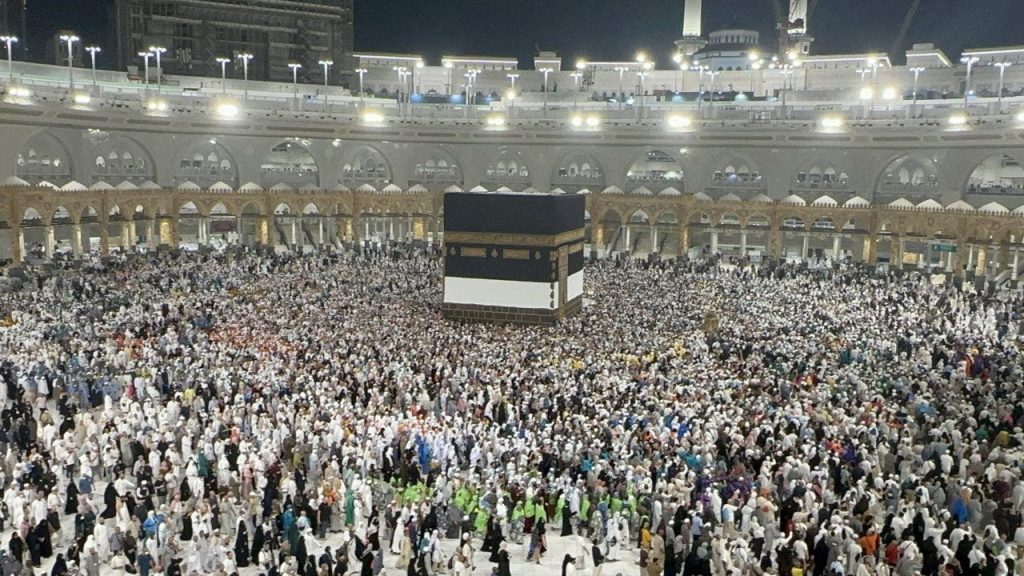Over 1,000 individuals perished in Saudi Arabia during the annual Hajj pilgrimage this year due to sweltering temperatures reaching as high as 125 degrees. The overcrowding caused by tens of thousands of unregistered pilgrims also added stress to the Saudi infrastructure. A total of 1,081 worshippers from 10 different countries reportedly died in the extreme heat, leading to a tragic loss of life during this important religious event. The Hajj is a pilgrimage undertaken by Muslims to visit the Kaaba, the holiest site in the Islamic faith, located inside the Grand Mosque in Mecca, Saudi Arabia. Completing the Hajj at least once is one of the Five Pillars of Islam, mandatory acts of faith required for all Muslims.
Each year, travel packages and accommodations are provided for the hundreds of thousands of Muslims who make the journey to complete the Hajj. These offerings include air-conditioned facilities and water stations, critical amenities in the scorching heat of the region. However, there has been an increase in pilgrims attempting to complete the Hajj without proper registration by taking advantage of tourist or work visas. Despite efforts by the Saudi government to crack down on these undocumented pilgrims, tens of thousands still manage to visit the Kaaba each year. The dates of the Hajj are determined annually in accordance with the Islamic calendar, with the pilgrimage for the following year set to occur in early June.
The tragic loss of life during this year’s Hajj serves as a reminder of the challenges faced by pilgrims and the importance of proper registration and accommodations to ensure the safety of all participants. The extreme heat and overcrowding in Mecca present significant risks for worshippers, highlighting the need for improved infrastructure and oversight to prevent future tragedies. In addition to the physical dangers posed by the conditions in Saudi Arabia during the Hajj, the cultural and religious significance of the pilgrimage adds further weight to the event and underscores the need for proper planning and preparation. The Hajj is a deeply meaningful experience for Muslims around the world, and efforts must be made to ensure that all worshippers can undertake the journey safely and without risk to their well-being.
The issue of undocumented pilgrims attempting to complete the Hajj without proper registration raises concerns about the security and management of the event. While the Saudi government works to enforce regulations and prevent unauthorized access to the holy sites, the sheer volume of pilgrims and the challenges of monitoring their movements present ongoing difficulties. Addressing these issues will require a coordinated effort by all parties involved in organizing the Hajj, including government agencies, tour operators, and religious authorities. By improving registration processes and implementing stricter oversight measures, it may be possible to mitigate the risks associated with unauthorized pilgrims and ensure a safer experience for all participants.
Looking ahead to future Hajj pilgrimages, there is a need to prioritize safety and security for worshippers and address the challenges posed by extreme temperatures and overcrowding. The tragic loss of life during this year’s pilgrimage serves as a sobering reminder of the dangers faced by pilgrims and the importance of effective planning and management to prevent similar incidents in the future. By implementing measures to enhance infrastructure, increase oversight, and improve registration procedures, it may be possible to reduce the risks associated with the Hajj and ensure the safety of all participants. As Muslims around the world continue to fulfill the religious obligation of completing the Hajj, it is essential to prioritize the well-being of worshippers and take steps to prevent unnecessary loss of life during this sacred event.


